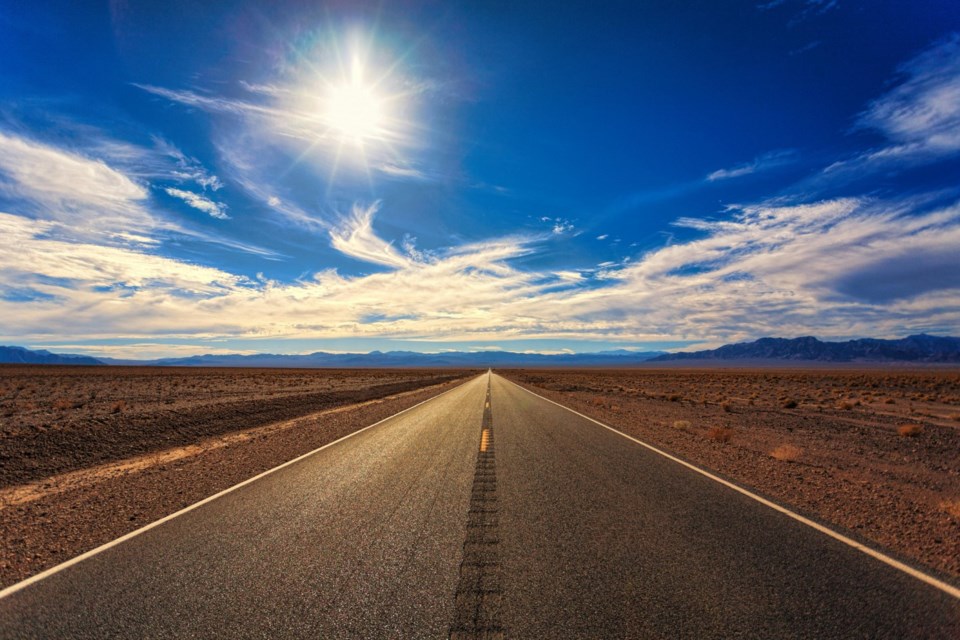It may feel that we are standing at a fork in the climate change road: do we focus on trying to solve the problem or do we concentrate on figuring out how to live with the new environmental landscape?
Mitigation or adaptation?
by Canadian agricultural economist Al Mussell .
While he concedes it’s important to look for ways to reverse climate change, he argues that it shouldn’t be a priority, particularly for Canadian farmers.
“For Canada, surely climate change mitigation is less important than adaptation … given the magnitude of observed and expected changes and because food is a fundamental, imminent need that is highly sensitive to climatic conditions, and that is scarce in the world,” he wrote in a recently released paper.
Mussell’s argument is intriguing and makes valid points.
Many climate change impacts are baked in and won’t be reversed overnight. Like the Titanic, it isn’t going to turn on a dime.
In the meantime, we must maintain the ability to produce food, which will require a laser-sharp focus on adaptation.
The federal Liberal government takes a lot of heat for its focus on climate change mitigation, but it also wants agricultural research to address issues such as water use efficiency and new pest pressures as the climate changes.
So yes, adaptation must be a major piece in the response to changes in climate.
That doesn’t mean acceptance of the inevitable and a focus only on how to live with the consequences of potentially catastrophic changes that scientists say may already be upon us.
A common argument for doing nothing is that Canadian agriculture is such a small contributor to climate change that farmers’ reductions in greenhouse gas emissions would make no difference.
If everyone took that attitude, nothing would get done. Rather, everyone should do their part in reversing the looming crisis, and that includes Canada and its farmers.
Even if one agrees that climate change will benefit prairie agriculture, Canadians don’t live in isolation from the rest of the world. The expected effects on the global economy, political stability and world trade will surely have an impact, no matter how far removed these troubles may seem.
So what do we do?
One approach is to stop thinking of climate change as a fork in the road and instead see it as a double lane highway. One lane is mitigation and one lane is adaptation, heading in the same direction at the same time.
As farmers continue growing crops and raising cattle in a changing climate, the solutions they find can be shared with farmers in other parts of the world who aren’t as lucky in the climate change lottery.
Mussell’s paper looks at how climate change will benefit prairie agriculture, but it is also likely to bring new disease and insect pressures not previously encountered. Successful responses to those new challenges will require ingenuity from the entire agricultural industry.
If this is the new reality, it may also present Canadian farmers with the economic heft to help find solutions for the rest of the world.
In the end, our climate change response should not be either/or. It should be both.
Karen Briere, Bruce Dyck, Barb Glen, Michael Robin, Robin Booker and Laura Rance collaborate in the writing of Western Producer editorials.




